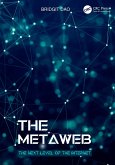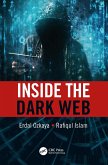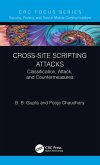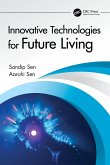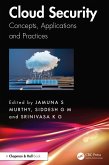As modern society is extremely dependent on the Internet, social networks, and developing technologies, a threat to the security of both the individual and society as a whole has emerged. The openness and global nature of the Internet create opportunities both for criminals, who can use the available information for criminal purposes, and for law enforcement officials. Police officers, in turn, can deal with the preventive processing of data from the Internet in order to prevent crimes. This type of data analysis can detect illegal or criminal actions even at the stage of their formation.
Crime-Related Events Identification Based on Text Analytics Approach describes the possibilities of extracting crime-related facts from semi-structured information from various Internet sources so that crime can be combatted. This book is aimed at police officers and IT professionals working in online investigations.
Dieser Download kann aus rechtlichen Gründen nur mit Rechnungsadresse in A, B, BG, CY, CZ, D, DK, EW, E, FIN, F, GR, HR, H, IRL, I, LT, L, LR, M, NL, PL, P, R, S, SLO, SK ausgeliefert werden.





